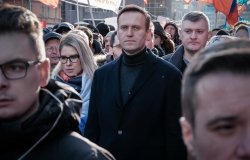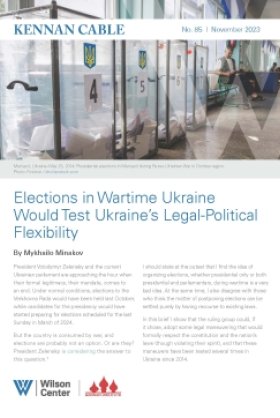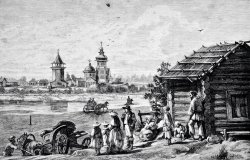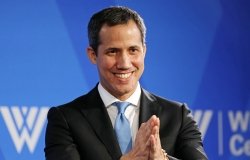The EU's Democracy Promotion Dilemmas
Jacques Rupnik, Director of Research, Center for International Studies and Research at the Institute for Political Studies in Paris and currently Visiting Professor at the Department of Government, Harvard University
Overview
A driving (although not always consistent) goal of United States's foreign policy has long been to promote democracy abroad. The US's democratic providentialism, which is predominant today was also apparent in the last administration, as reflected in Secretary Madeline Albright's characterization of America as the world's "indispensable nation" in the promotion of democracy. This clear policy goal is backed in the US by unprecedented military power and a willingness to use force to compel change abroad.
By contrast, the European Union's democracy promotion agenda is quite new. The EU's democracy promotion vocation came only as it was considering further enlargement: the Council decided that democracy was a non-negotiable condition for joining the EU. As such, democratization is not so much an outright policy of the EU as it is a reason to keep countries out. By the late-1990s, the promise of EU enlargement contributed a great deal to the consolidation of democracy in accession countries through the transfer of norms and institutions, the expansion of administrative capacity and the creation of an independent judiciary. Slovakia is a good example of how this worked, as is Turkey, where democracy promotion has been stepped up since the promise of membership was granted in December 1999. Therefore, Jacques Rupnik characterized the EU as the most successful "unwitting democracy promoter."
However, this process only works for those countries that want it to work for them. The EU's objective to democratize the Balkans is hindered by the fact that in some cases state building is incomplete. Rupnik cautioned that building states and building democracies are very different exercises and that building a democracy through a protectorate may be a very difficult task. The focus thus far has been to try to make nationalism in the region compatible with European norms. It remains to be seen if the EU can substitute for an empire in the Balkans.
Further to the East, the so-called "colored" revolutions, in Georgia, Ukraine and Belarus have brought the EU into another set of democracy promotion problems. These countries, with mafia-driven economies and authoritarian regimes, are clearly different from those in Central Europe. In these cases, the EU is unlikely to offer membership, thus nullifying its strongest leverage in democracy promotion. Moreover, the EUs relationship with Russia becomes a factor as well.
Rupnik offered three conclusions from his analysis of the EU's democracy-promotion agenda. First, the good news is that the countries that failed to democratize in the post-1989 transition primarily in Southeast Europe may get a second chance through the EU enlargement process. The bad news is that, after EU accession, we may need to worry about the quality of democracy that has been established. For example, Poland has recently been showing signs of a populist backlash and democracy fatigue. Second, the EU and the US approaches to democracy building should be seen as complimentary and both should work in tandem to solve difficult democracy promotion problems. Finally, democracy promotion demands that we are more careful about preserving the quality of democracy in our own countries. Indeed, the best leverage we have is the good example of democracy we create within our own borders.
Hosted By

Global Europe Program
The Global Europe Program is focused on Europe’s capabilities, and how it engages on critical global issues. We investigate European approaches to critical global issues. We examine Europe’s relations with Russia and Eurasia, China and the Indo-Pacific, the Middle East and Africa. Our initiatives include “Ukraine in Europe” – an examination of what it will take to make Ukraine’s European future a reality. But we also examine the role of NATO, the European Union and the OSCE, Europe’s energy security, transatlantic trade disputes, and challenges to democracy. The Global Europe Program’s staff, scholars-in-residence, and Global Fellows participate in seminars, policy study groups, and international conferences to provide analytical recommendations to policy makers and the media. Read more
Thank you for your interest in this event. Please send any feedback or questions to our Events staff.









